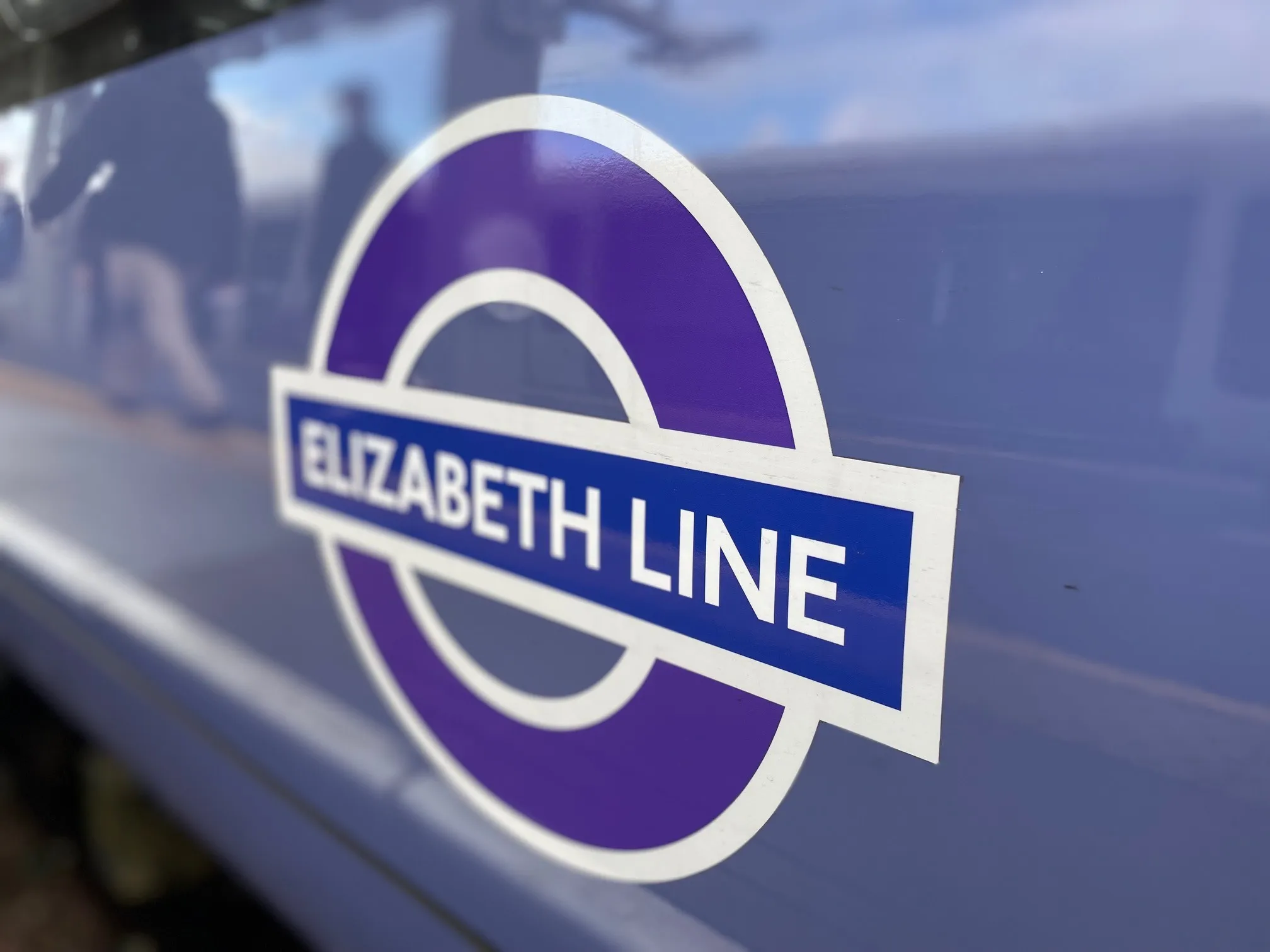The UK’s Department for Transport (DfT) has set out the blueprint for how US$20 billion of government investment in transport will help create the Northern Powerhouse.
The investment aims to make transport better by improving the links, bringing cities closer together and strengthening connections. The blueprint shows how transport links across the north are being transformed by government investment.
Transport secretary Patrick McLoughlin said: “This one nation government is determined to close the e
August 14, 2015
Read time: 2 mins
The UK’s 1837 Department for Transport (DfT) has set out the blueprint for how US$20 billion of government investment in transport will help create the Northern Powerhouse.
The investment aims to make transport better by improving the links, bringing cities closer together and strengthening connections. The blueprint shows how transport links across the north are being transformed by government investment.
Transport secretary Patrick McLoughlin said: “This one nation government is determined to close the economic gap between north and south. Investing in transport – something that successive governments have failed to do sufficiently – is vital to making that happen.
“We had a choice - building the infrastructure our country needs, or letting our transport system become a brake on growth and opportunity. We have chosen to invest for the future.
“Across the north, that investment is already having a huge impact, with programmes underway to upgrade our railways and our roads. We are determined to keep the momentum going.”
Commercial secretary at the Treasury Lord O’Neill added: “Investing in first class transport infrastructure is a key part of our commitment to create a Northern Powerhouse. Our investment is helping to better connect the region, building a strong Northern economy, and it is great to see the huge progress already underway.”
The blueprint includes some recently-completed projects, including new electric train services between Manchester, Liverpool and Wigan for the first time. Other improvements include US$7.5 billion investment in the period up to 2020/21 in over 40 major road schemes across Yorkshire, the north east and north west; the opening of the refurbished station at Manchester Victoria this autumn; a new southern entrance to Leeds station, to serve the expanding commercial area south of the River Aire; new franchises that will see modern trains and additional capacity on Trans-Pennine services between Leeds and Manchester and the removal of Pacer trains on Northern routes; work to deliver faster trains and better services between Sheffield and London; in the longer-term, transforming city to city rail connectivity across the region, radically reducing travel times, through HS2 and TransNorth east-west rail links.
The investment aims to make transport better by improving the links, bringing cities closer together and strengthening connections. The blueprint shows how transport links across the north are being transformed by government investment.
Transport secretary Patrick McLoughlin said: “This one nation government is determined to close the economic gap between north and south. Investing in transport – something that successive governments have failed to do sufficiently – is vital to making that happen.
“We had a choice - building the infrastructure our country needs, or letting our transport system become a brake on growth and opportunity. We have chosen to invest for the future.
“Across the north, that investment is already having a huge impact, with programmes underway to upgrade our railways and our roads. We are determined to keep the momentum going.”
Commercial secretary at the Treasury Lord O’Neill added: “Investing in first class transport infrastructure is a key part of our commitment to create a Northern Powerhouse. Our investment is helping to better connect the region, building a strong Northern economy, and it is great to see the huge progress already underway.”
The blueprint includes some recently-completed projects, including new electric train services between Manchester, Liverpool and Wigan for the first time. Other improvements include US$7.5 billion investment in the period up to 2020/21 in over 40 major road schemes across Yorkshire, the north east and north west; the opening of the refurbished station at Manchester Victoria this autumn; a new southern entrance to Leeds station, to serve the expanding commercial area south of the River Aire; new franchises that will see modern trains and additional capacity on Trans-Pennine services between Leeds and Manchester and the removal of Pacer trains on Northern routes; work to deliver faster trains and better services between Sheffield and London; in the longer-term, transforming city to city rail connectivity across the region, radically reducing travel times, through HS2 and TransNorth east-west rail links.








